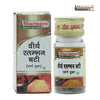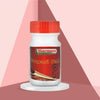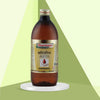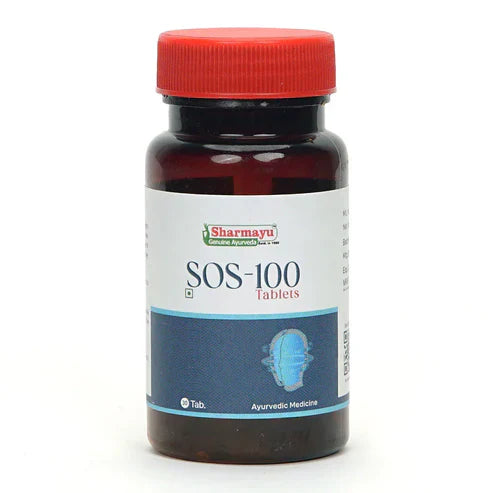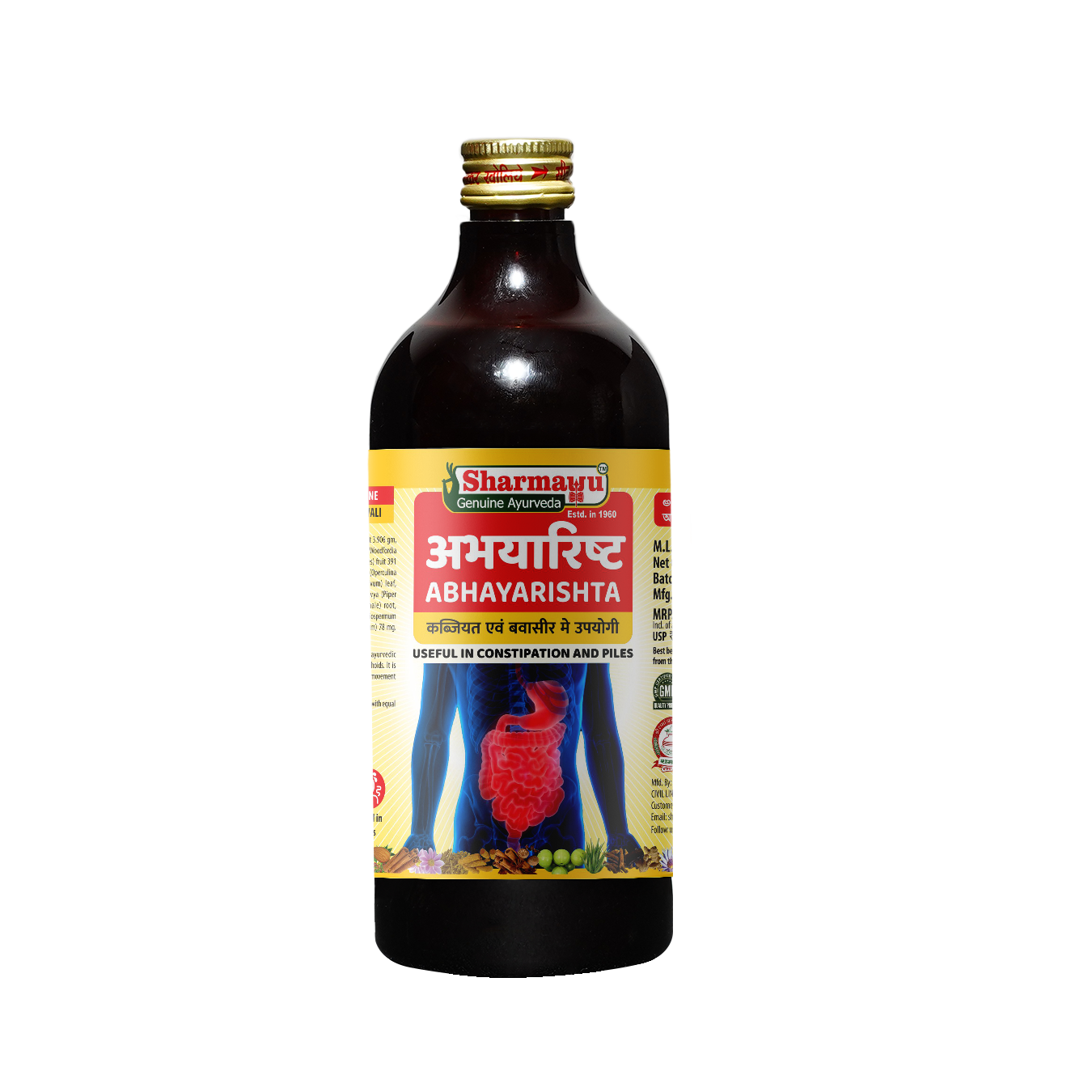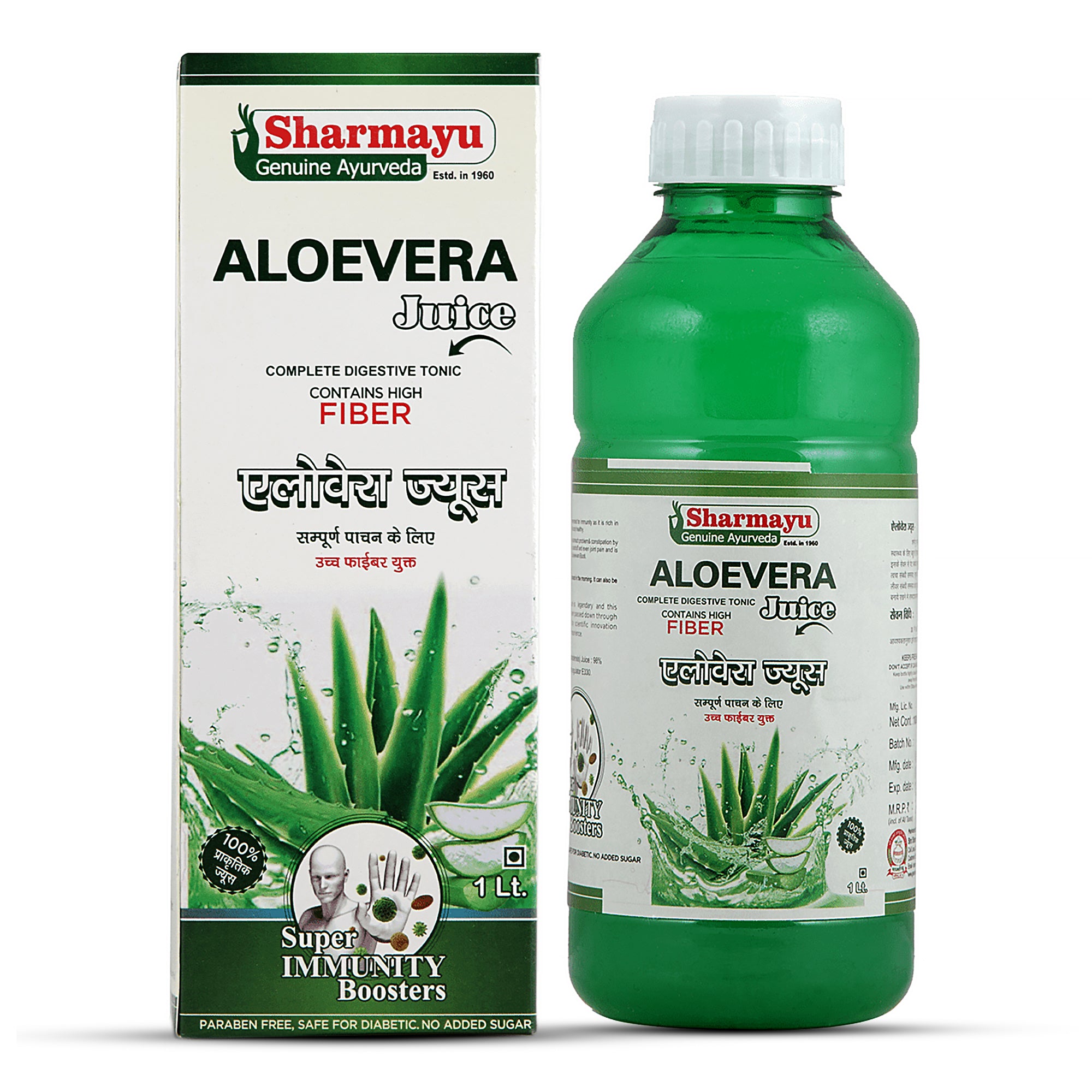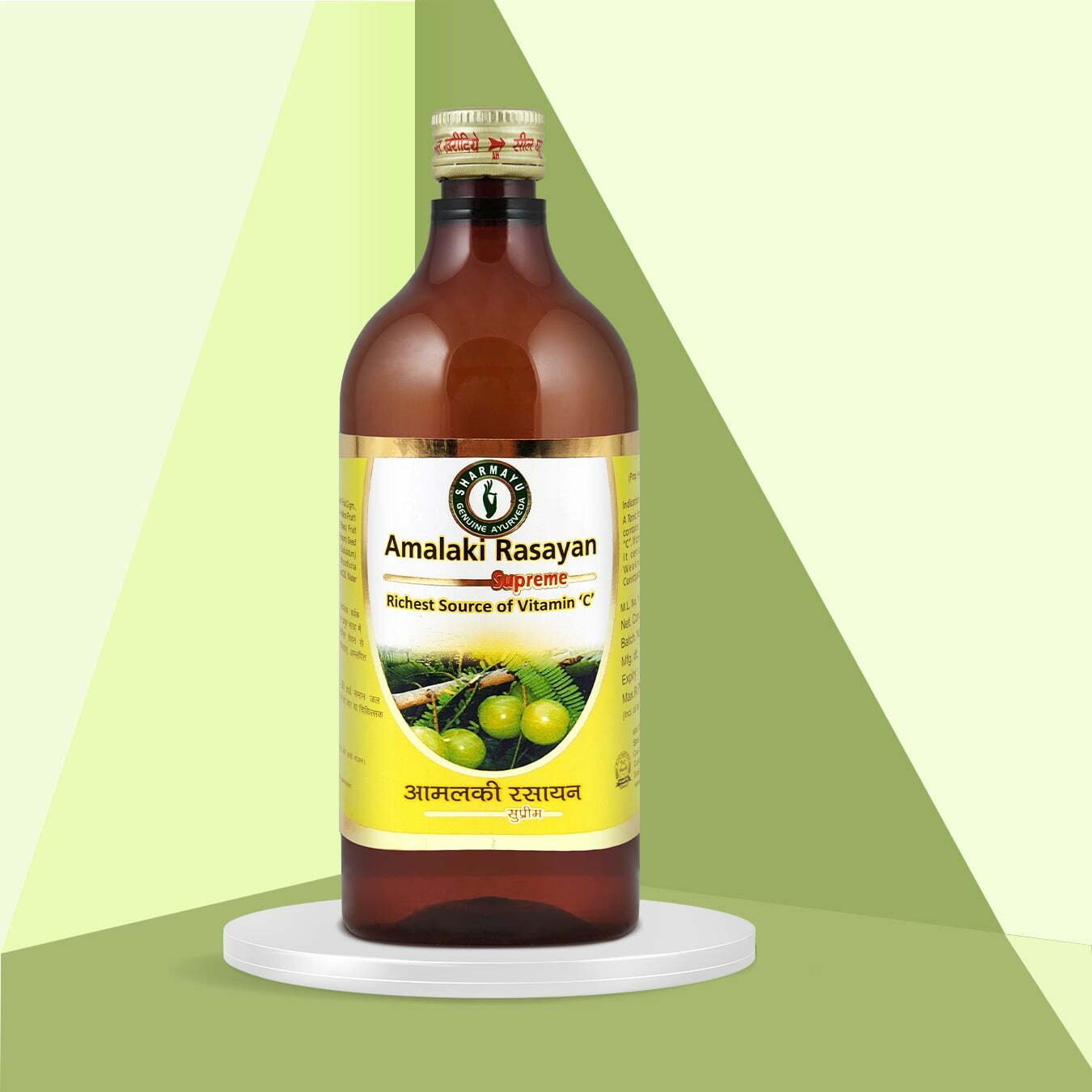When it comes to emergency healthcare or instant symptom relief, SOS medicines play a crucial role. Whether you're familiar with the term from a doctor's prescription or have heard about SOS homeopathic medicine uses, it's essential to understand what SOS means in medicine, when it should be used, and how to use it safely and effectively.
What is SOS in Medicine?
The term SOS in medicine originates from the Latin phrase "Si Opus Sit", which translates to "if there is a need" or "as needed" in English. In simple terms, SOS full form in medicine refers to a dosage that should be taken only when required, rather than on a regular or scheduled basis. It is commonly written in prescriptions to guide patients for occasional and urgent symptoms, such as pain, allergic reactions, asthma attacks, or anxiety.
Doctors prescribe SOS medicines when continuous medication isn't necessary but symptom control may be urgently needed at unpredictable times. For example, you might see a line like:
"Tablet Paracetamol 500 mg SOS for headache", which means take it only if the headache occurs.
Common Examples of SOS Medicines
The concept of SOS medication is not limited to allopathy. There are also many SOS homeopathic medicines that are prescribed for sudden and intense symptoms. Here are a few common examples across medical systems:
Allopathic SOS Medicines:
Paracetamol – for sudden fever or headache
Cetirizine – for allergic reactions or sneezing
Ibuprofen – for body pain or inflammation
Nitroglycerin tablets – for emergency heart pain (angina)
Salbutamol Inhaler – for asthma attacks
Homeopathic SOS Medicines:
Aconite Napellus – for sudden fever or fear-based anxiety
Belladonna – for high fever with redness and throbbing
Arnica Montana – for injury, trauma, or bruising
Nux Vomica – for gastric troubles from over-eating or stress
These sos homeopathic medicine uses show that even natural remedies are tailored for emergency symptom control, but should still be taken with proper guidance.
When to Use SOS Medicine
The ideal time to use SOS medicine is when the symptom appears suddenly, intensely, and infrequently. These are not medicines for regular or long-term management. Here's when it's appropriate:
Acute Pain – Headaches, toothaches, or joint pain
Sudden Allergic Reaction – Sneezing, itching, swelling
Asthma Flare-up – Breathlessness or wheezing
Migraine – Onset of pulsating headache
Acid Reflux or Gastric Pain – After a heavy or spicy meal
Menstrual Cramps – Severe period pain
Anxiety or Panic Attack – Emotional stress with physical symptoms
Remember, sos medicine dose should follow your doctor’s guidance strictly. Overuse can be harmful.
SOS Medicine Dose: How Much to Take
One of the most important questions people ask is:
“What is SOS medicine dose?”
The answer depends on the type of medicine, severity of symptoms, age of the patient, and their medical history. For example:
A doctor may prescribe 1 tablet of paracetamol SOS, but not more than 3–4 times a day.
For homeopathic remedies, a few drops or 2–3 pills of the remedy are used, not more than 2–3 times in 24 hours, unless otherwise advised.
Important Note: SOS does not mean “take as many times as you like.” It means take only when needed, and even then, within the safe limits.
Always read your prescription carefully and ask your doctor about the exact dose and gap between doses.
Is SOS Medicine Safe?
Yes, most SOS medicines are safe when taken occasionally, but can become dangerous if overused or used incorrectly. Potential risks include:
Kidney or liver damage (from overuse of painkillers)
Drowsiness or confusion (from anti-anxiety or antihistamines)
Drug dependency (especially for sleeping pills or anxiety medications)
Delay in proper diagnosis if you keep masking symptoms with SOS medicines
This is why what is SOS in medicine also implies responsibility and awareness while taking such medication.
How to Store and Keep Track of SOS Medicines
Because SOS medications are for emergencies, they should be easily accessible, especially if you're prone to specific conditions. Here are some tips:
Keep them labeled clearly – Write “SOS” or “Emergency use only” on the label.
Carry essential SOS meds while traveling – Especially if you’re an asthma, allergy, or migraine patient.
Track usage – Note when you last took the medicine to avoid overdose.
Don’t share your SOS meds – Dosage and need varies by individual.
Frequently Asked Questions (FAQs)
Q1. What is the full form of SOS in medicine?
A1. SOS stands for “Si Opus Sit” – Latin for “if there is need.” It is used in prescriptions to mean “take only when required.”
Q2. What is the meaning of SOS medicine?
A2. SOS medicine is any medication prescribed to be taken only when specific symptoms appear suddenly and need immediate relief.
Q3. Can SOS medicine be taken daily?
A3. No. SOS medicines are not meant for regular use. Taking them daily can cause side effects or mask underlying health issues.
Q4. What are some examples of SOS homeopathic medicine uses?
A4. Homeopathic remedies like Aconite for shock, Belladonna for high fever, and Arnica for injury are often used in SOS situations.
Q5. Can I take SOS medicine without asking a doctor?
A5. It is not advisable. Always take SOS medicines only as directed by a qualified healthcare provider.
Conclusion: Use SOS Medicines Wisely
Understanding the meaning of SOS in medicine is the first step toward safe and effective self-care. Whether you're using allopathic or homeopathic SOS medicines, it's important to know when to use them, how much to take, and when to seek medical help instead.
They are not substitutes for regular treatment, but rather a backup when immediate relief is necessary. Always keep a record of your sos medicine dose, follow the instructions strictly, and never use SOS as a shortcut to avoid seeing a doctor.
By using SOS medicine responsibly, you can manage acute symptoms effectively and avoid complications.


